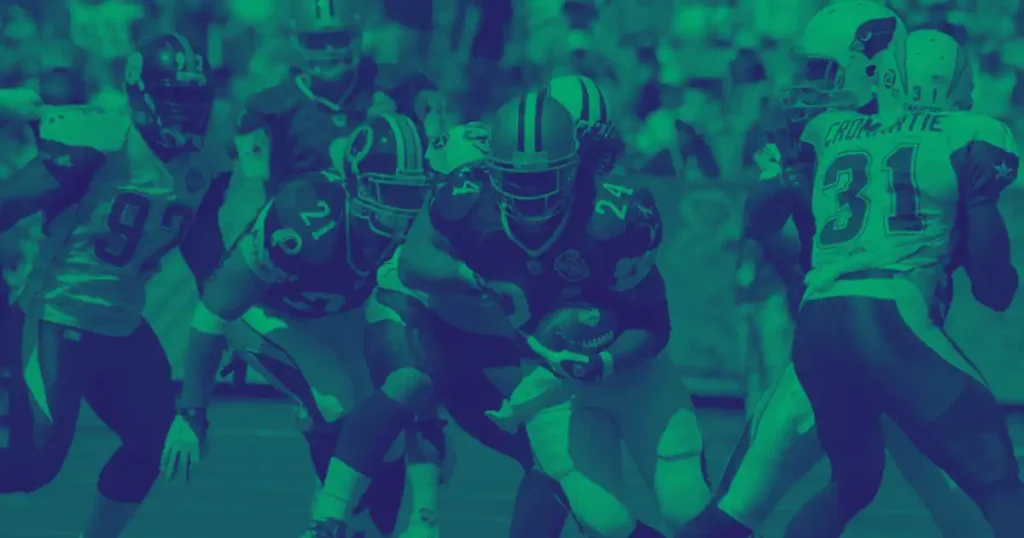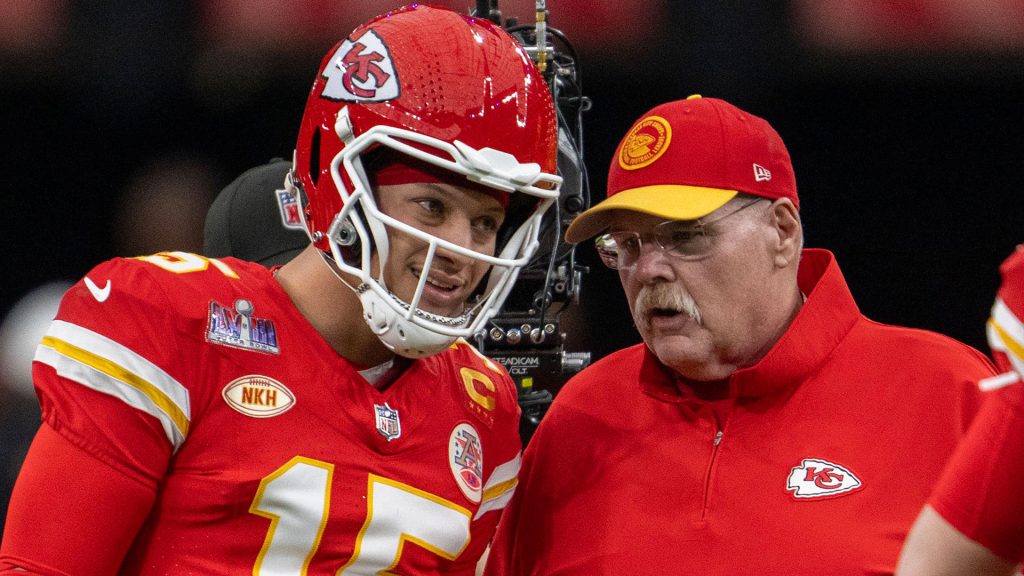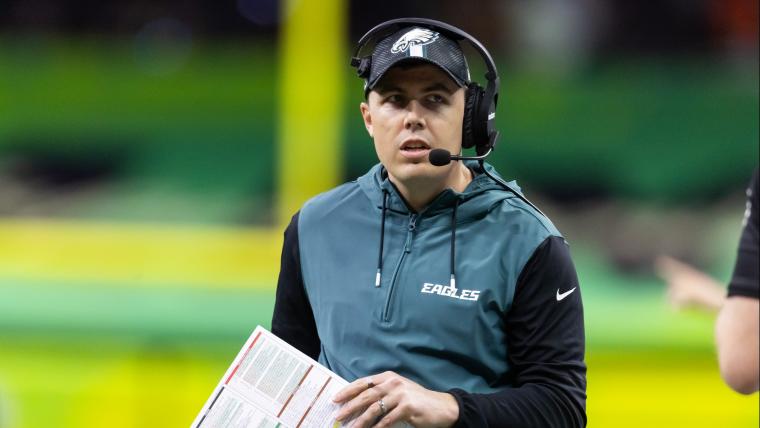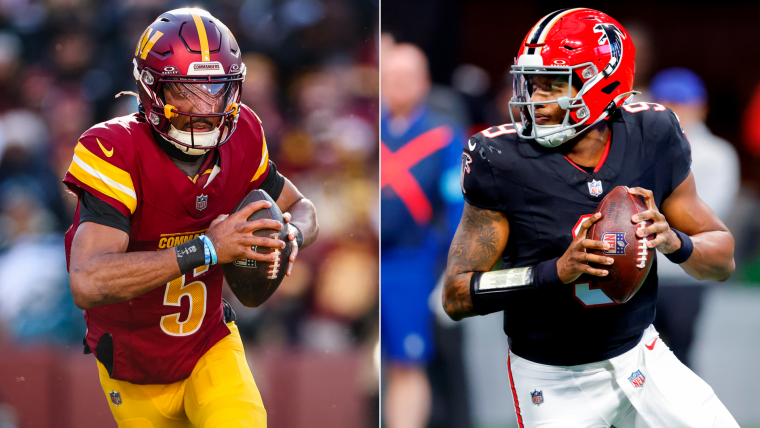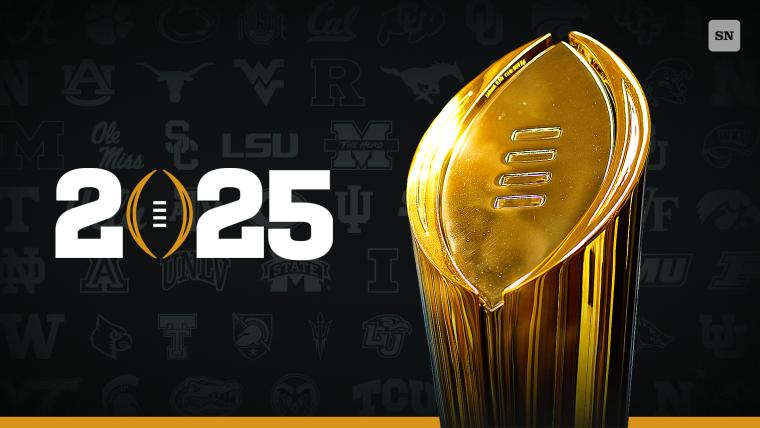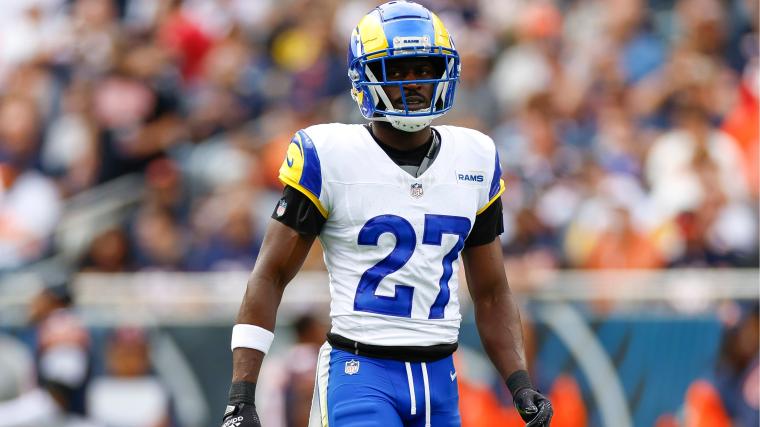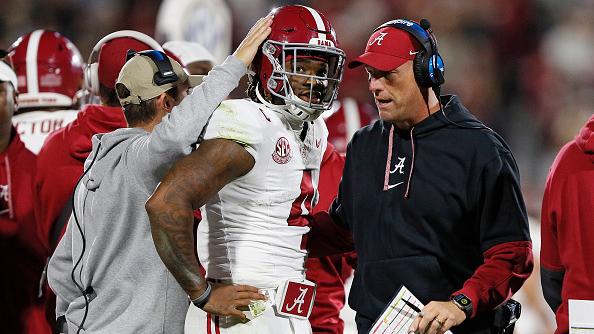Betting on NFL games can be thrilling and profitable, but to maximize your chances of success, you need to understand how to evaluate both defense and offense.
By analyzing these key aspects, you can make more informed betting decisions. In this article, we’ll explore how to evaluate defense and offense in the NFL to bet successfully, providing you with practical tips and strategies.
Importance of Evaluating Defense and Offense
Impact on Game Outcomes
Evaluating defense and offense is crucial because these elements significantly impact the outcome of games. Strong offensive teams can outscore their opponents, while robust defenses can prevent scoring, creating opportunities for their team to win.
Influence on Betting Decisions
Understanding the strengths and weaknesses of both teams’ defense and offense helps you make more informed betting decisions. This knowledge can guide you in placing bets on moneylines, point spreads, and over/under totals.
Key Factors in Evaluating Offense
Quarterback Performance
The quarterback is often the most critical player on the field. Evaluating the quarterback’s performance includes looking at their passing accuracy, decision-making under pressure, and ability to read defenses. A top-tier quarterback can elevate an entire offense.
Offensive Line
The offensive line plays a crucial role in both the running and passing game. A strong offensive line can protect the quarterback and create running lanes for the running backs. Look at the offensive line’s ability to prevent sacks and their performance in run blocking.
Skill Positions
Wide receivers, tight ends, and running backs are vital components of the offense. Assessing their performance, health, and consistency is essential. An offense with multiple playmakers can be challenging for any defense to stop.
Offensive Schemes
Coaches’ offensive schemes and play-calling tendencies can also impact the effectiveness of an offense. Teams that employ creative and unpredictable play-calling can keep defenses on their toes and increase scoring opportunities.
Key Factors in Evaluating Defense
Defensive Line
The defensive line sets the tone for the defense. A strong defensive line can disrupt the quarterback, stop the run, and force turnovers. Look at their ability to pressure the quarterback and their effectiveness against the run.
Linebackers
Linebackers are crucial for both pass coverage and run defense. Evaluating linebackers involves looking at their tackling ability, coverage skills, and versatility. Elite linebackers can shut down running backs and tight ends.
Secondary
The secondary, consisting of cornerbacks and safeties, is responsible for pass defense. Assess their coverage skills, ability to create turnovers, and performance in stopping big plays. A strong secondary can limit an opposing quarterback’s options.
Defensive Schemes
Defensive coordinators’ schemes can significantly impact a defense’s performance. Teams with aggressive, adaptable defenses can counter various offensive strategies. Understanding a team’s defensive philosophy can provide insights into their potential success.
Analyzing Team Statistics
Points Scored and Allowed
Points scored and allowed per game are fundamental metrics. High-scoring offenses and stingy defenses are often key indicators of a team’s success. Compare these statistics to get a sense of how teams might perform against each other.
Yardage
Look at total yardage gained and allowed, both in the air and on the ground. Teams that can consistently gain yards and limit their opponents’ yardage tend to have better overall performance.
Turnover Differential
Turnover differential is a crucial factor in game outcomes. Teams that force more turnovers than they commit are more likely to win. Analyze how well teams protect the ball and create turnovers.
Red Zone Efficiency
Red zone efficiency measures how often teams score touchdowns when they reach the opponent’s 20-yard line. High efficiency in the red zone indicates a team’s ability to capitalize on scoring opportunities.
Tips for Successful NFL Betting
Stay Updated with Injuries
Player injuries can significantly impact both defense and offense. Stay updated with injury reports to understand which key players might be unavailable or playing at less than full capacity.
Consider Matchups
Every game presents unique matchups. Analyze how teams’ strengths and weaknesses align. For example, a strong passing offense facing a weak secondary could lead to high scoring, while a stout defensive line against a poor offensive line might lead to fewer points.
Use Advanced Metrics
Advanced metrics like DVOA (Defense-adjusted Value Over Average) and EPA (Expected Points Added) provide deeper insights into team performance. These metrics can help you understand the true effectiveness of defenses and offenses beyond basic statistics.
Follow Expert Analysis
Follow expert analysis from reputable sources. Analysts often provide valuable insights and highlight key factors that may not be immediately apparent. Combining expert opinions with your own research can enhance your betting strategy.
Manage Your Bankroll
Effective bankroll management is crucial for long-term betting success. Set a budget for your bets, avoid chasing losses, and stay disciplined with your betting amounts to maintain a sustainable betting strategy.
Evaluating defense and offense in the NFL is essential for successful betting. By understanding key factors like quarterback performance, offensive and defensive lines, skill positions, and team statistics, you can make more informed and strategic bets. Stay updated with injuries, consider matchups, use advanced metrics, and follow expert analysis to enhance your betting outcomes.
With these strategies, you’ll be better equipped to navigate the complexities of NFL betting and increase your chances of success.
FAQs
What are the key factors in evaluating an NFL offense?
Key factors include quarterback performance, offensive line strength, skill positions, and offensive schemes. These elements determine an offense’s overall effectiveness.
How important is the defensive line in evaluating an NFL defense?
The defensive line is crucial as it can disrupt the quarterback, stop the run, and force turnovers. A strong defensive line sets the foundation for a successful defense.
How can I use team statistics to improve my NFL bets?
Analyzing points scored and allowed, yardage, turnover differential, and red zone efficiency can provide insights into team performance and potential game outcomes.
Why is it important to stay updated with NFL injury reports?
Injuries can significantly impact team performance. Staying updated with injury reports helps you understand which key players might be unavailable or playing at less than full capacity.
What advanced metrics can help in evaluating NFL teams?
Advanced metrics like DVOA (Defense-adjusted Value Over Average) and EPA (Expected Points Added) provide deeper insights into team performance, helping you understand the true effectiveness of defenses and offenses.
How can expert analysis enhance my NFL betting strategy?
Following expert analysis from reputable sources provides valuable insights and highlights key factors that may not be immediately apparent. Combining expert opinions with your own research can improve your betting decisions.

